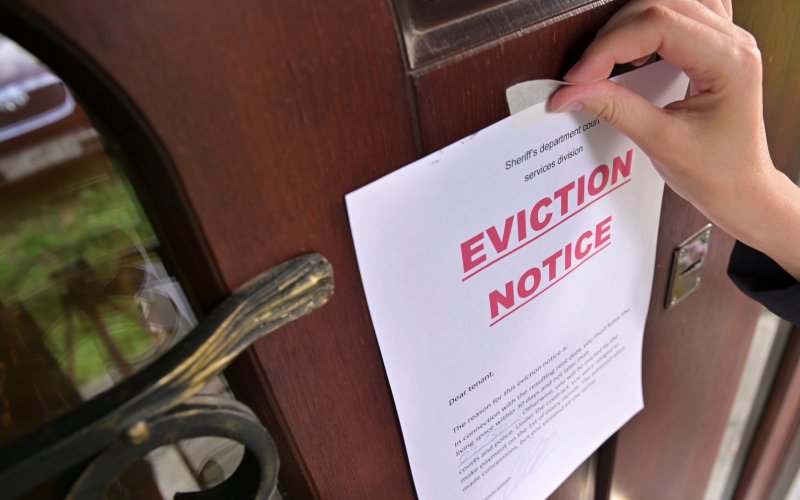Cash-for-keys deals are agreements between a landlord and a tenant, used when the landlord needs the tenant to vacate the property. The owner offers money to the tenant to expedite their departure and return of the keys.
These deals are rare, so property owners may not encounter them often, if at all. However, they may be used when a landlord wants to avoid a lengthy and potentially expensive eviction process, or decides to terminate a lease early for any reason. This includes when an owner wishes to complete major renovations, sell the property, move into it themselves, or convert it to a different use.
Cash-for-keys deals can benefit both parties involved. For tenants, it provides financial assistance to cover relocation costs and find alternative housing, while for property owners, it offers a faster and potentially less contentious way to regain possession of the property.
While they aren’t common, there are some reports1 that these deals are on the rise in Ontario, especially in Toronto, and that some tenants are using leverage to push for a cash agreement.
A current backlog2 at the Ontario Landlord and Tenant Board is causing a delay in hearings; some tenants may be exploiting this delay to pressure landlords into entering cash-for-keys agreements. This backlog means a long wait of up to twelve months, which is a long time for a landlord to be unable to progress forward. There are some claims that renters who are facing eviction are capitalizing on this as a bargaining chip. These renters are refusing to leave unless there is a cash agreement, indicating they will not bring a claim forward to the Ontario Landlord and Tenant Board if a cash-for-keys agreement of a certain amount is completed.
These situations tend to happen in rent-controlled properties, where monthly rents aren’t meeting the needs and goals of the property owners, or when there have been rent increases. A tenant can use the waiting period of the backlog to save, avoiding the costs of moving and finding a potentially more expensive rental.
However, there are also times when this type of arrangement is beneficial to the landlord. With average rents in Toronto hitting a new high of $2,521.003 per month for a one-bedroom unit in January, landlords may wish to find new tenants at a more competitive rate, as they become increasingly aware of the potential earning capabilities of their properties.
A cash payout can help a current tenant with moving costs and finding comparable housing at similar rental rates within their communities.
Like other real estate agreements, either side can propose a cash-for-keys agreement, and terms can be negotiated for a mutually beneficial result. They can be a pragmatic solution. As other elements of the housing market balance and the Ontario Landlord and Tenant Board are minimized, the frequency of these agreements is likely to decrease again. However, they can continue to serve as a useful tool to help in specific situations.








